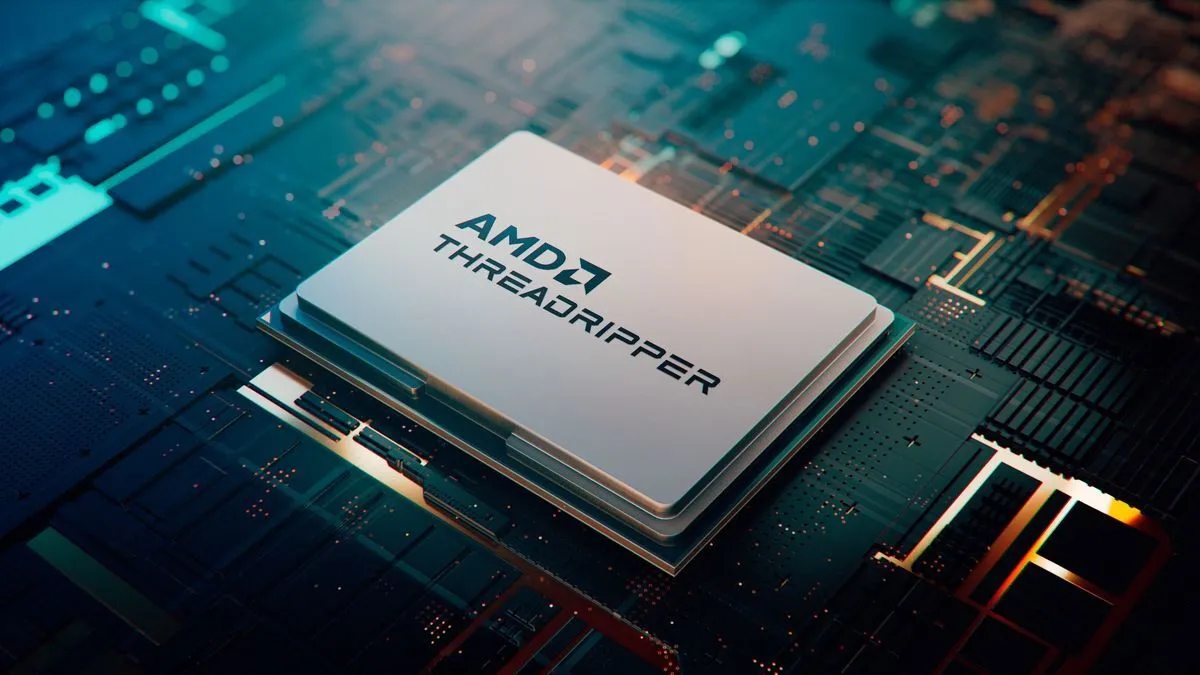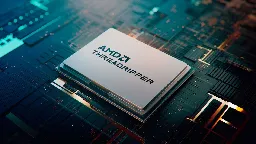AMD says overclocking blows a hidden fuse on Ryzen Threadripper 7000 to show if you've overclocked the chip, but it doesn't automatically void your CPU's warranty
AMD says overclocking blows a hidden fuse on Ryzen Threadripper 7000 to show if you've overclocked the chip, but it doesn't automatically void your CPU's warranty

AMD says overclocking blows a hidden fuse on Ryzen Threadripper 7000 to show if you've overclocked the chip, but it doesn't automatically void your CPU's warranty

AMD says overclocking blows a hidden fuse on Ryzen Threadripper 7000 to show if you've overclocked the chip, but it doesn't automatically void your CPU's warranty::AMD explains the hidden fuses behind Ryzen Threadripper 7000 processors and how it will handle warranty claims.

